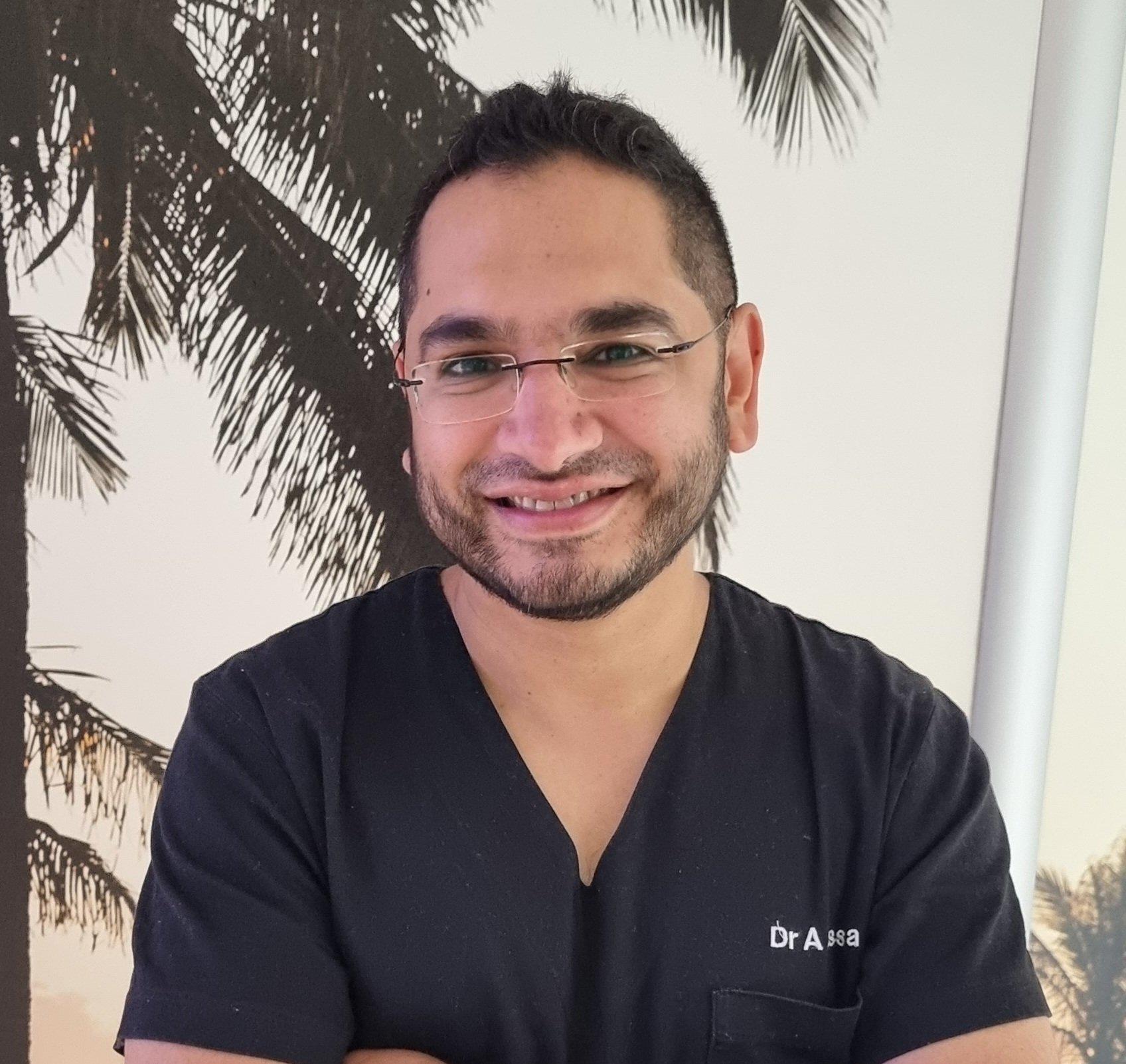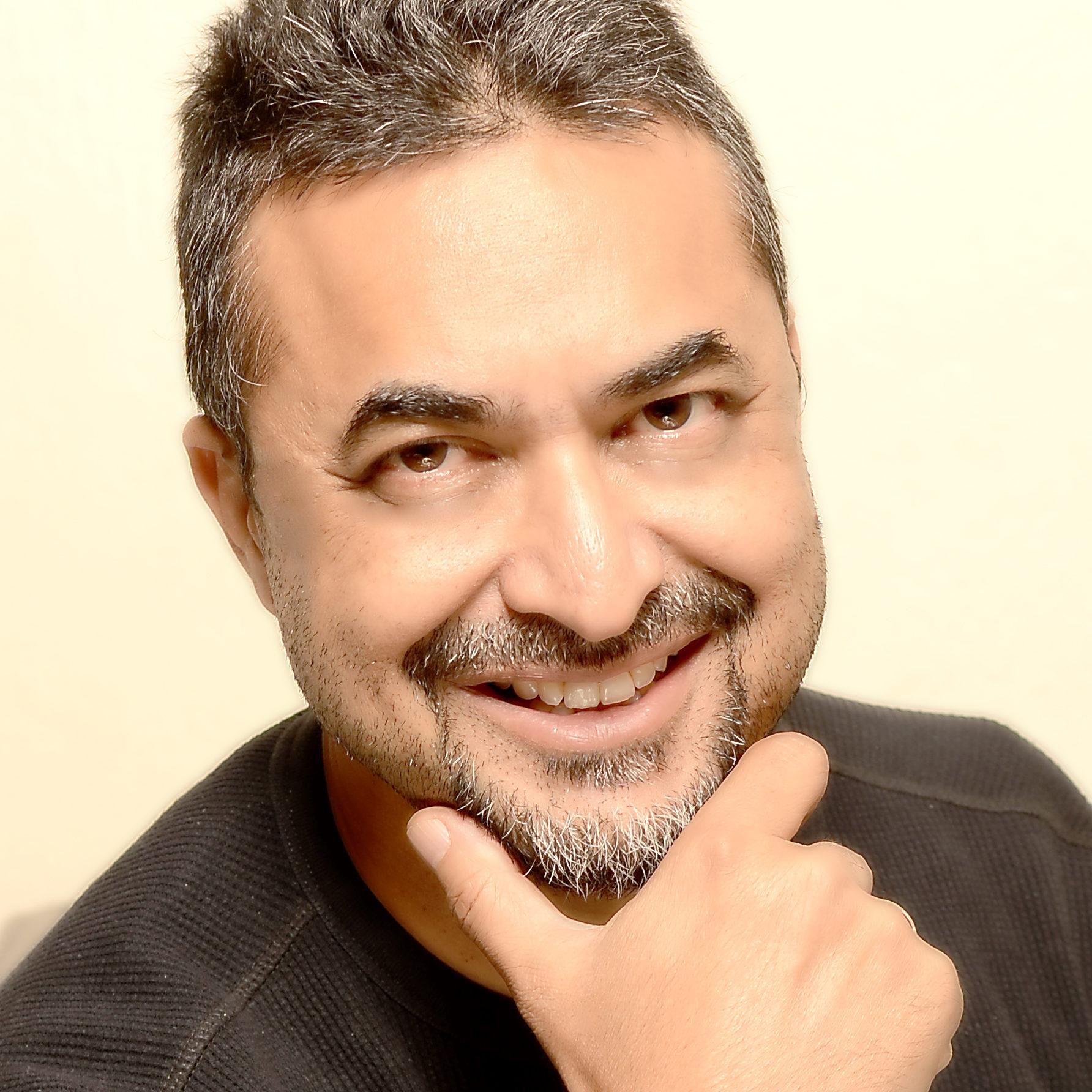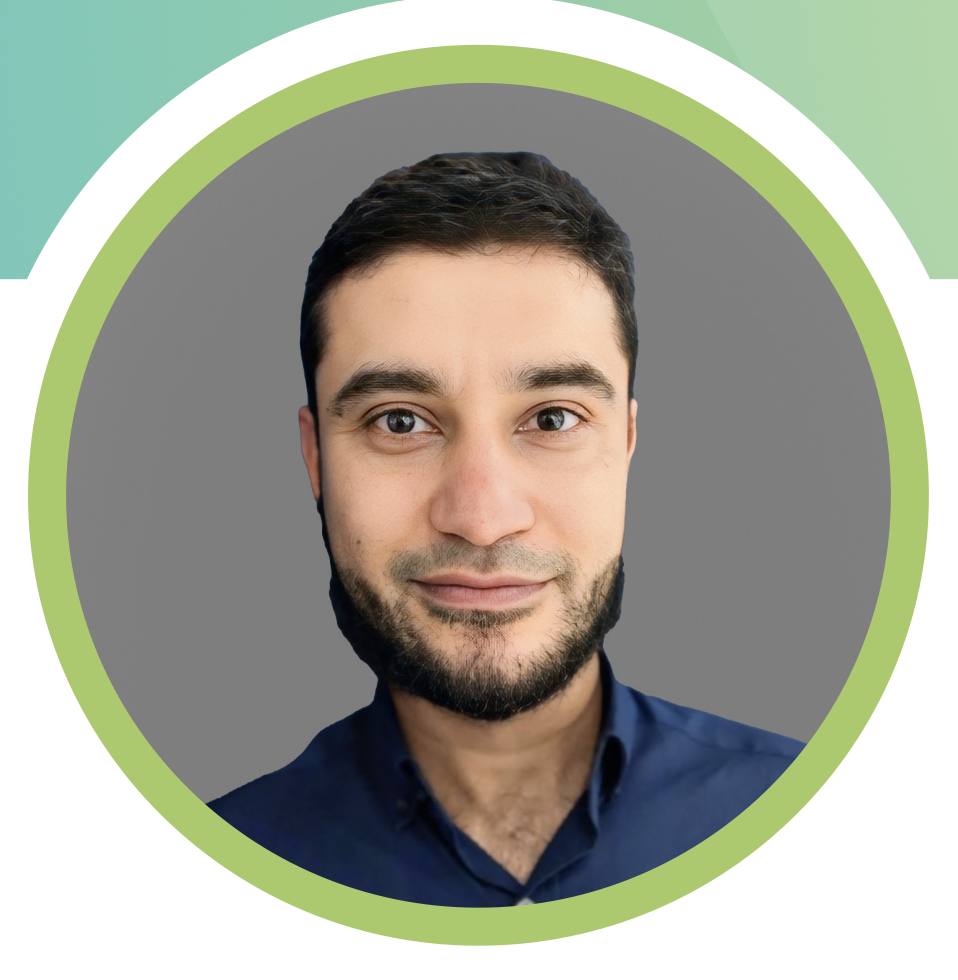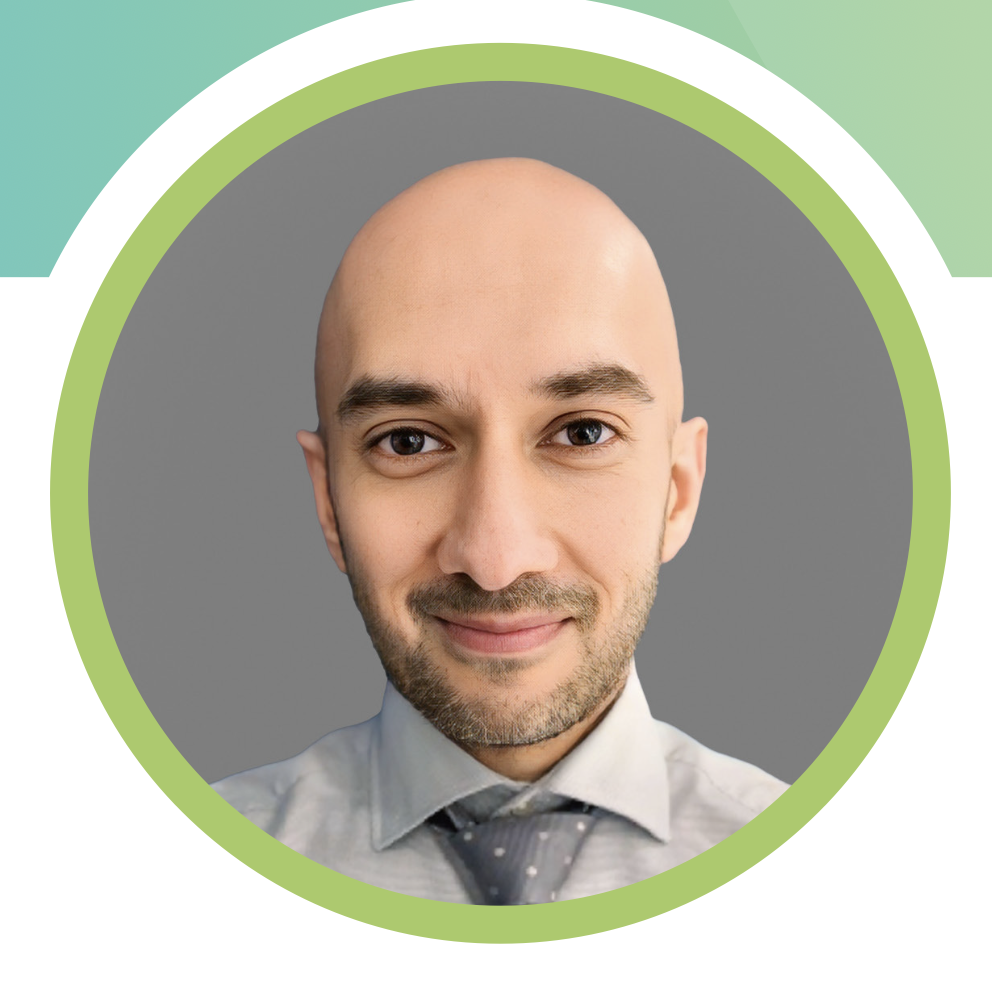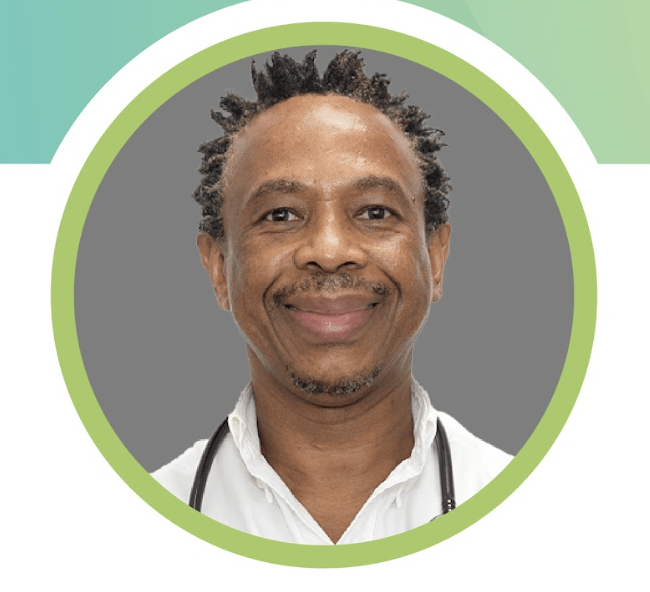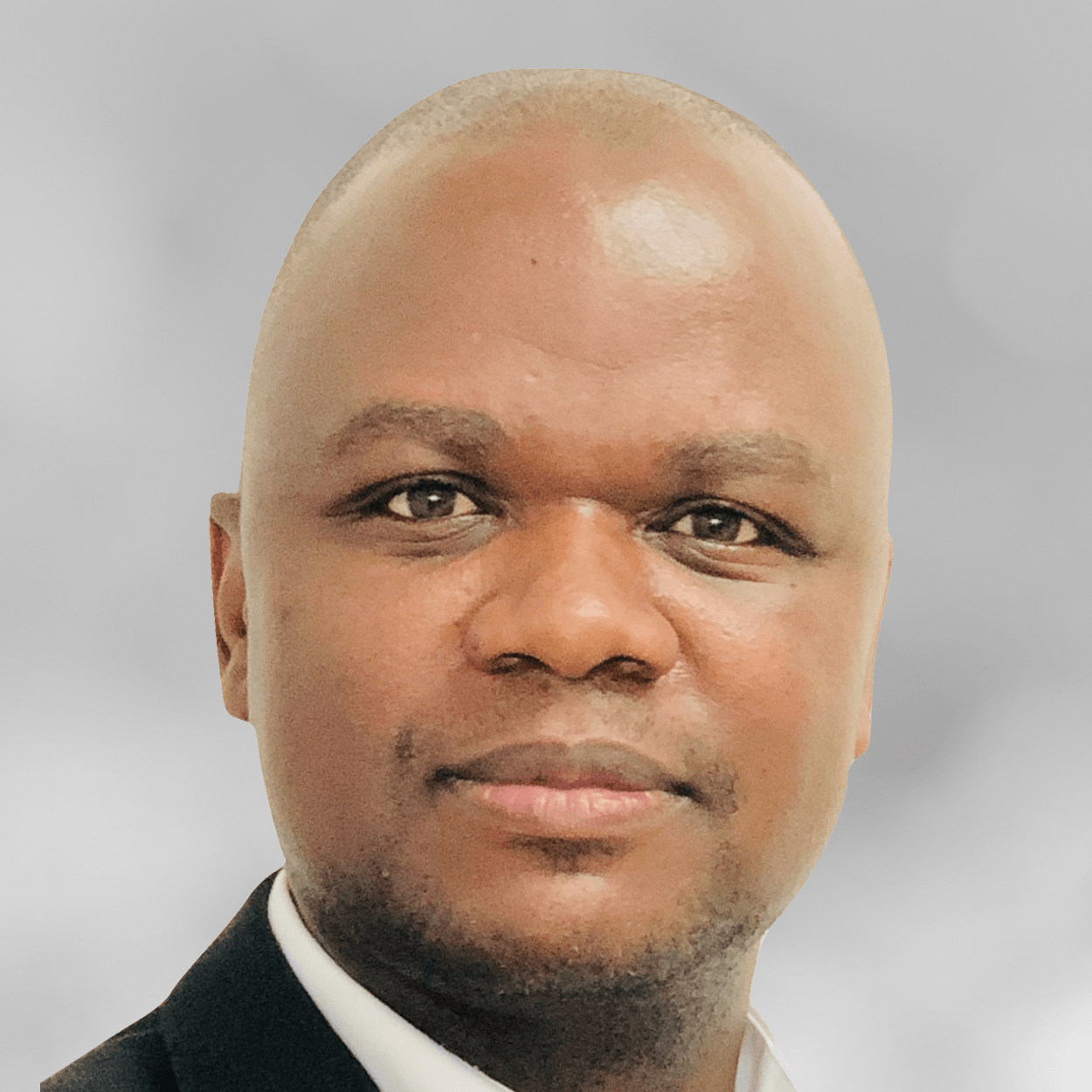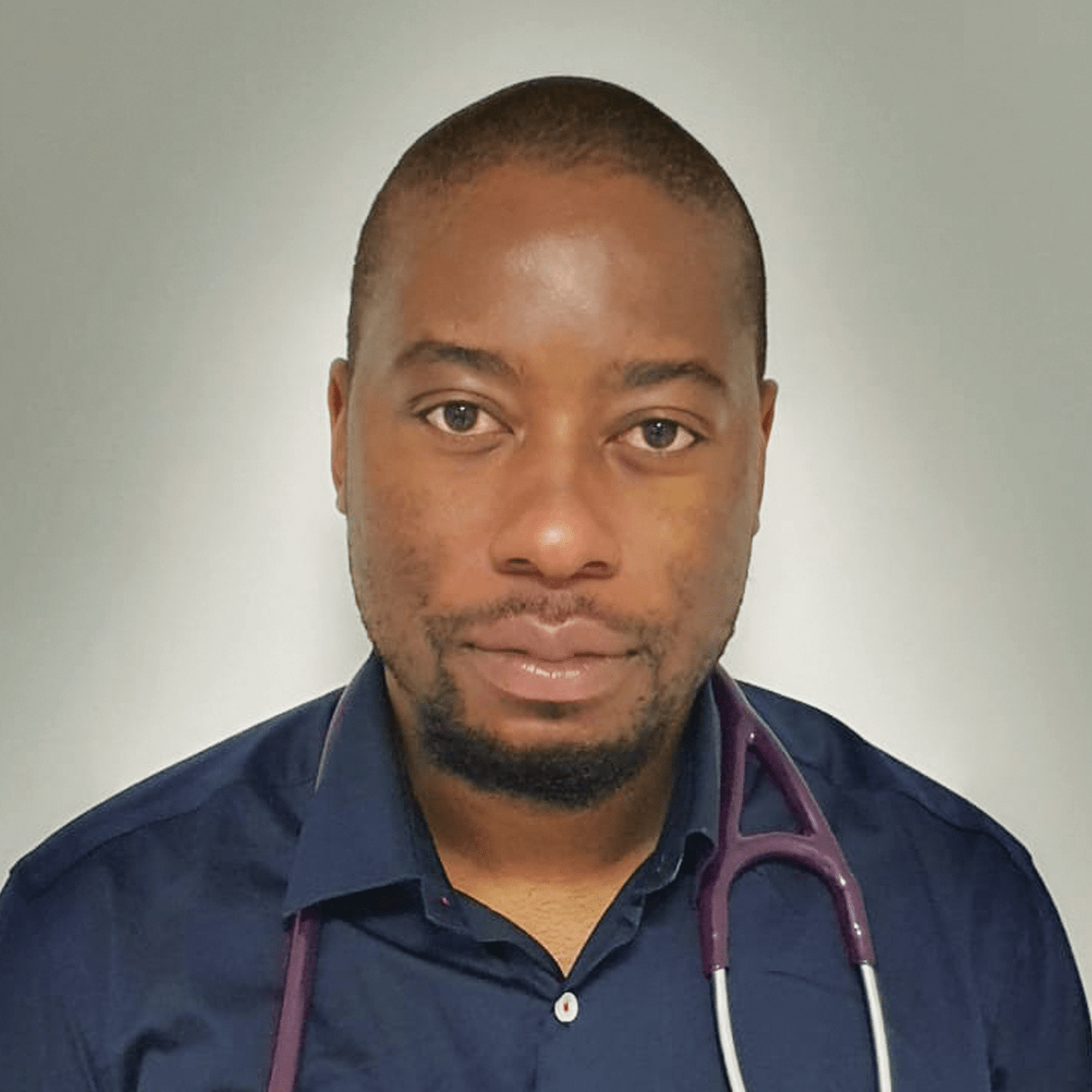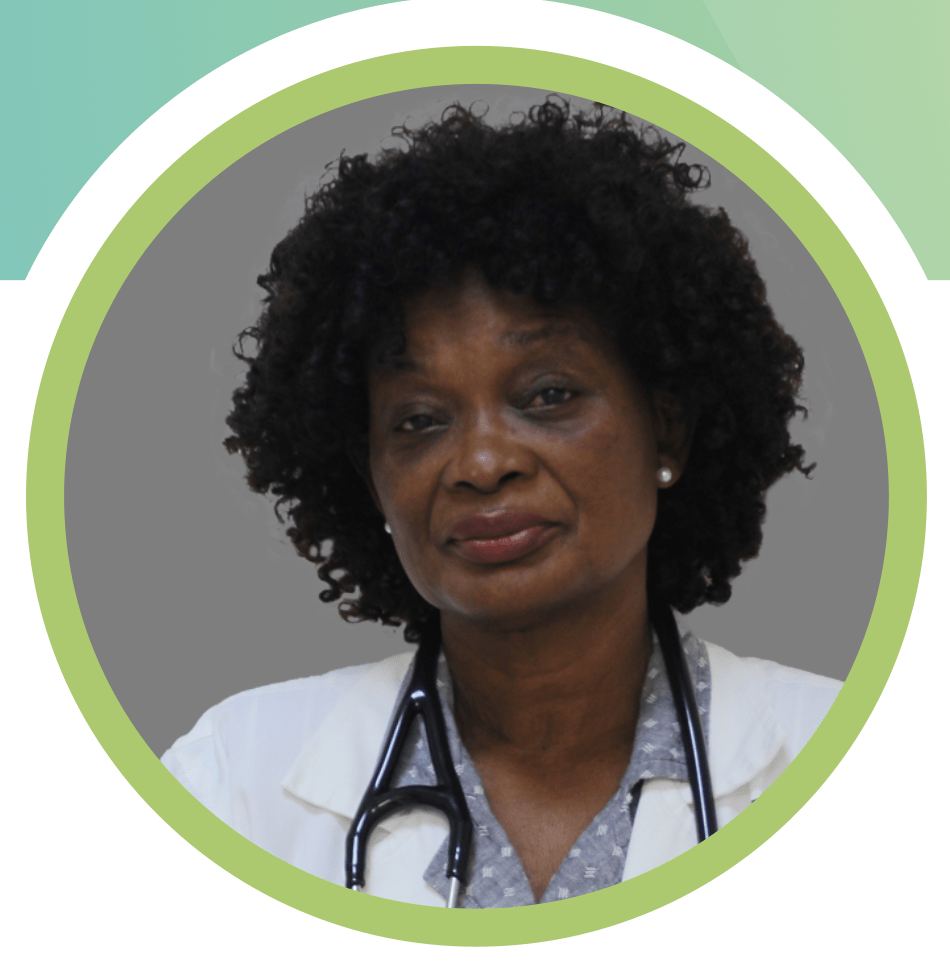- Specialised Departments
- Cardiology
Cardiology |
What is Cardiology?
Cardiology is the treatment of disorders of the heart and blood vessels. At Lenmed cardiology, our mission is to ensure that we follow international best practice processes and protocols to ensure the best possible outcomes for our patients. Cardiologists treat a broad range of cardiac and vascular conditions and can place stents in clogged arteries, close holes in the heart, and place specialized devices into the heart.
What is Cardio-thoracic surgery?
Cardio-thoracic surgery is the field of medicine involved in surgical treatment of organs inside the thoracic cavity, including the heart and lungs. Cardio-thoracic surgeons and cardiologists often work together in treating and managing patient’s cardiac conditions.
|
Lenmed’s Ethekwini Hospital and Heart Centre performs life-saving heart transplant surgery and is the first and only hospital on the African continent to be accredited by the American College of Cardiology. The hospital also undertakes heart transplant surgery. |
|
Atherosclerosis |
|
|
High cholesterol |
|
|
Cardiac arrest |
|
|
Heart attacks |
|
|
Heart rhythm disorders |
|
|
Cardiogenic shock |
|
|
Heart abnormalities |
|
|
Myocarditis |
|
|
Problems with aorta and arteries |
|
High blood pressure |
|
|
Angina (chest pain) |
|
|
Heart failure |
|
|
Blood clots |
|
|
Endocarditis |
|
|
Heart valve problems |
|
|
Cardiomyopathy |
|
|
Congenital conditions |
|
|
Stroke |
|
Cardiac catheterisation |
|
|
Cardiac MRI |
|
|
Coronary Angiogram |
|
|
Electrocardiogram |
|
|
Holter Monitor |
|
|
Implantable event recorder /loop recorder |
|
Chest x-ray |
|
|
Cardiac CT |
|
|
Stress tests |
|
|
Echocardiogram |
|
|
Event monitor |
|
|
Transesophageal echocardiogram |
Your primary care provider may refer you to a cardiologist if you have a problem with your heart or blood vessels that needs extra care. If you’re feeling pain in your chest, dizziness or experience shortness of breath, you may need to see a cardiologist. Your cardiologist may keep working with you for a long time as they monitor your conditions.
|
Coronary artery bypass grafting (CABG) |
|
|
Insertion of a pacemaker or an implantable cardioverter defibrillator (ICD) |
|
|
Maze surgery |
|
|
Aneurysm repair |
|
|
Heart transplant |
|
|
Insertion of a ventricular assist device (VAD) or total artificial heart (TAH) |
|
|
Transcatheter structural heart surgery |
What kind of doctor are you looking for?
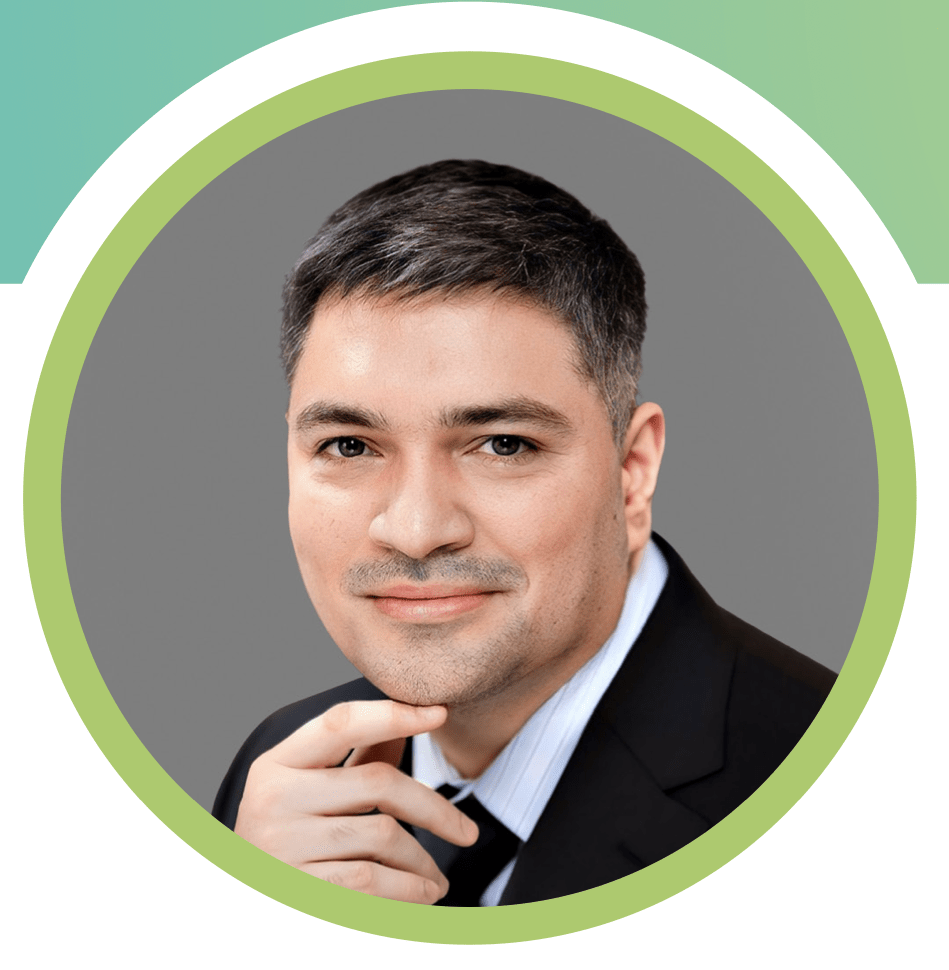
Dr R Khan
 +27 31 581 2660
+27 31 581 2660
 Block C, Second Floor, Suite 2, Lenmed Ethekwini Hospital and Heart Centre
Block C, Second Floor, Suite 2, Lenmed Ethekwini Hospital and Heart Centre
Bring along all medical information, including your medical aid details and card, x-rays, scans, reports, current medication details etc.
Your cardiologist will do a physical exam, paying special attention to listening to your heart. He or she will be able to hear how well blood flows throughout your heart and whether you have an irregular heart rhythm or not.
Be ready to answer questions about your family history as well as your own personal medical history. Your cardiologist will want to know if your siblings, parents, or others in your family have had heart problems. Providing this information will help your cardiologist determine what types of heart problems you could potentially have.
?Questions your doctor might ask
- How long have you been having symptoms?
- What does it feel like when you have symptoms (mild pain, sharp pain)?
- What were you doing when your symptoms started (resting, exerting yourself)?
- Does anything help you feel better when you have symptoms? Have you had a heart procedure or surgery in the past?
If your cardiologist has the equipment at their location, they may do an electrocardiogram to get a quick reading of your heart’s rhythm. They may also set up a separate appointment for other tests that take a little longer.

